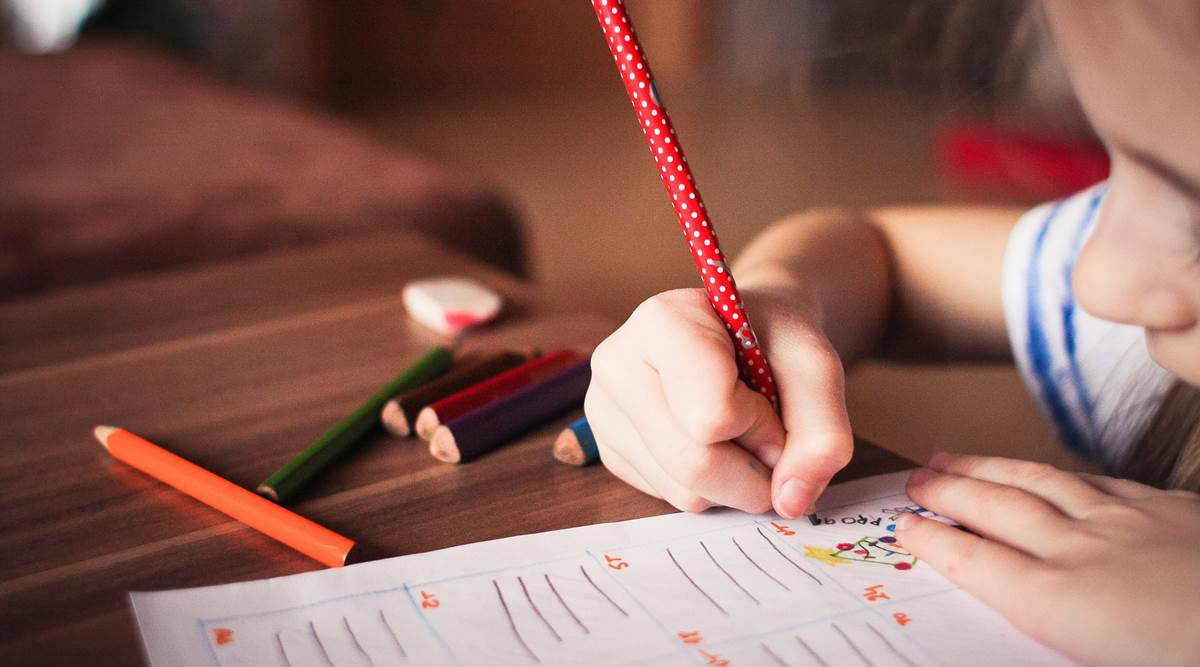Children who struggle with memory often lag behind in the classroom. Such kids have a hard time registering information

By Dr Pallavi Rao Chaturvedi
Memory plays a major role in establishing a solid base for learning, both in the school and beyond. Having a strong memory helps children perform better in school, do well in exams and secure better grades. Not everyone, however, is born with a sharp memory; this skill expands and enhances the more it is used. To master the art of memory, it is of utmost importance that a child is routinely working on his/her memorization muscles, as practice makes one perfect.
There are two effective types of memories:
Short-term memory: It usually helps children understand and recall the latest information, which also aids them in dealing with any current task.
Long-term memory: When a child grows a deeper understanding of a topic, the registered information is transferred to the child’s long-term memory.
Children who struggle with memory often lag behind in the classroom. Such kids have a hard time registering information and processing a meaningful grasp of a topic.
ALSO READ | The 7Cs of continued learning for children
Nevertheless, there are various strategies that can help children boost their short-term as well as long-term memory.
Play memory-boosting games: There are options, both online and offline, to play memory-boosting games with children. The purpose of these memory games is to exercise the mind in a fun way, thereby making the child remember the topics being taught. There are several word games available that can be played to achieve the target of boosting the memory.
Intense focus: It takes the brain around 8 seconds to receive and process information. Thus, by encouraging children to focus intensely for 8-10 seconds on their tasks can be a game changer for their memory.
Make teaching multi-sensorial and multi-dimensional: A multi-sensorial and multi-dimensional approach towards learning through the use of sound, touch and sight can help children memorize better. Other than that, reading a book aloud or using props also engages a child and makes them connect with the materials easily.
Chunking: Help children break information into smaller chunks and compact amounts. Reading bite-size information is any day easier to remember than trying to grasp a lot of material at once. Arranging information with different colours, lists, headings and even tunes will further make the topic easier for children to recall.
ALSO READ | Mom and daughter’s podcast for kids: Recordings under the bed, meetings over ice-cream
Create exciting learning: Memories always use cues from external surroundings. While making children learn something, it is important to connect a topic with their surrounding environment, for instance, a prop, background sight and sound. These experiences help them recall the topic later.
Method of Loci: This is a powerful visualization technique for memory enhancement, which uses a familiar environment to recall information. Motivating a child to use visual aids will help them remember information, which they freshly heard or read about. Children can also create a mind map of several ideas that occur to them and how they are related to each other. Growing connection between topics and words helps a child understand deeper and actively grab materials, as a part of creating a stronger memory.
Use visual mnemonics: Visual mnemonics help children learn techniques to gain information retention as well as retrieval power. Children can use flash cards, including words and images, to practice definition or matching exercises.
Remove stress and tension from learning: One of the most important points is to make sure that the child is relaxed while learning a topic. If children are constantly worried or scared about their parents scolding them, it not only creates a stressful situation but also prevents the child from having a deeper understanding of the topic.
ALSO READ | Homeschooling: The cardinal rules for parents
Correct nutrition: Memory is greatly aided when children receive a balanced plate of nutritious food, high in antioxidants and omega 3 fatty acids. These foods help a child in building their memory. Also try to avoid giving the child sugary and high calorie rich foods.
Plenty of sleep and exercise: Last but definitely not the least, every child needs about 8-10 hours of deep sleep every day in order to aid memory consolidation and memory enhancement.
These exercises and points help children boost their memory and become better learners. Coupled with these tips, the children also need a great amount of physical activities to keep their minds healthy and motivated.
(The writer is the Founder of ‘Get Set Parent with Pallavi’, which is one of India’s fastest growing English Parenting YouTube channels. She is also the Vice President of the Early Childhood Association and the Founder of Brainy Bear Preschools)
Source: Read Full Article
